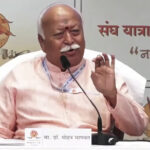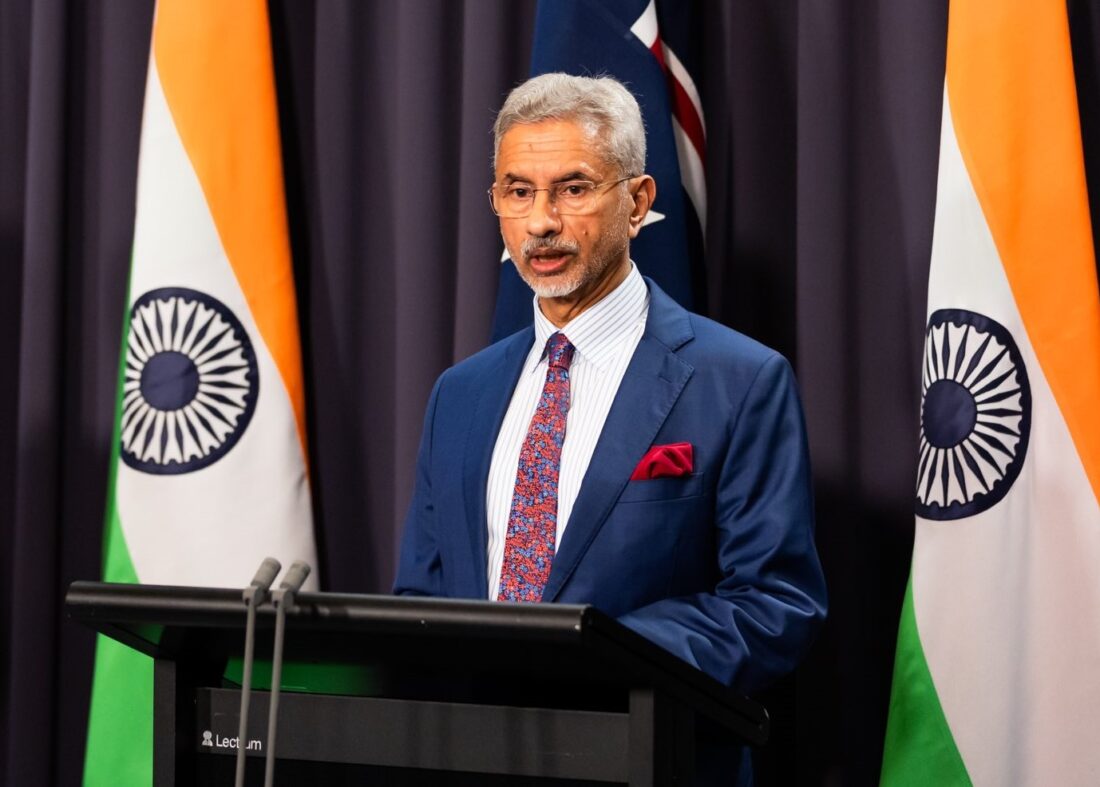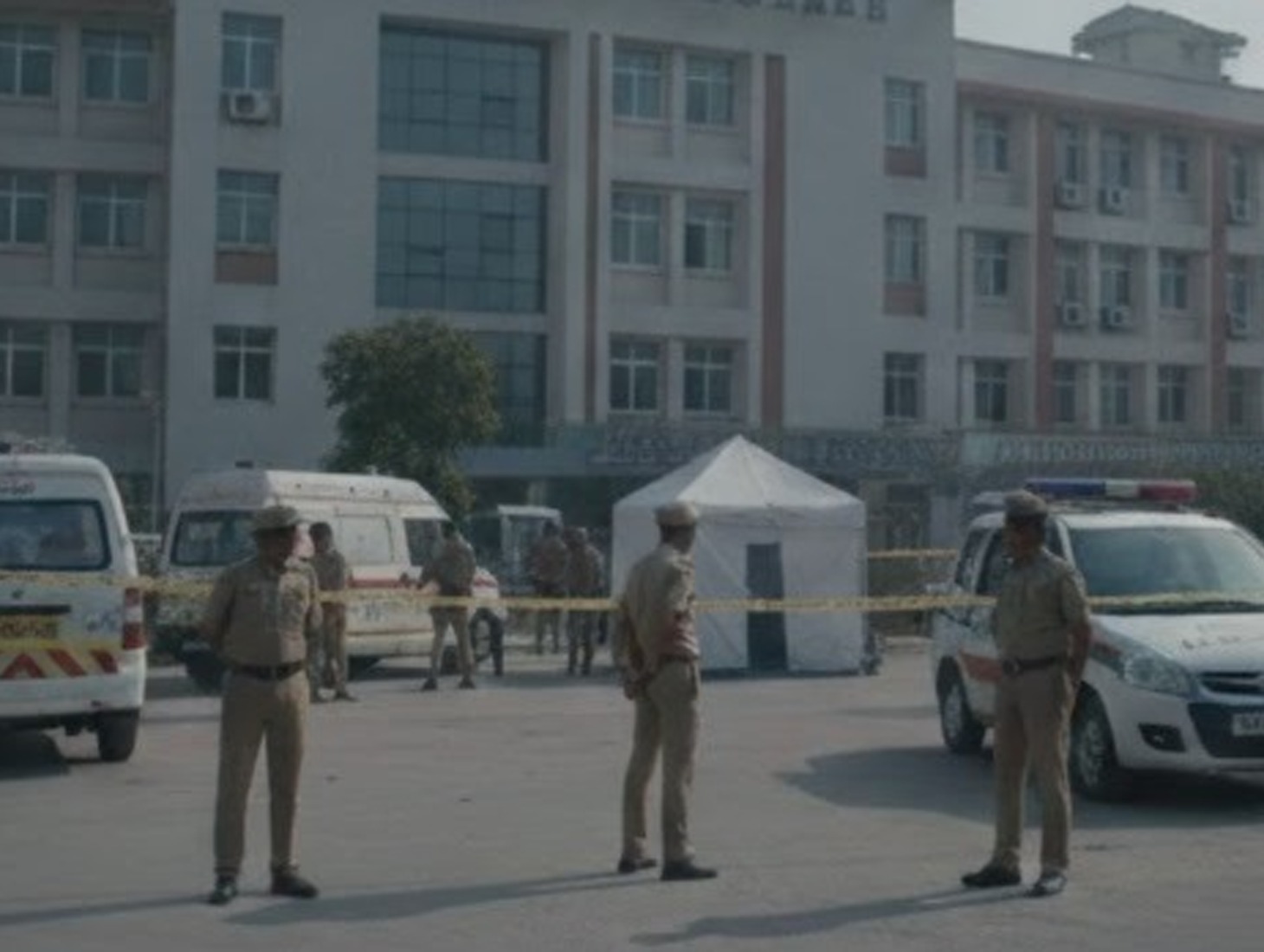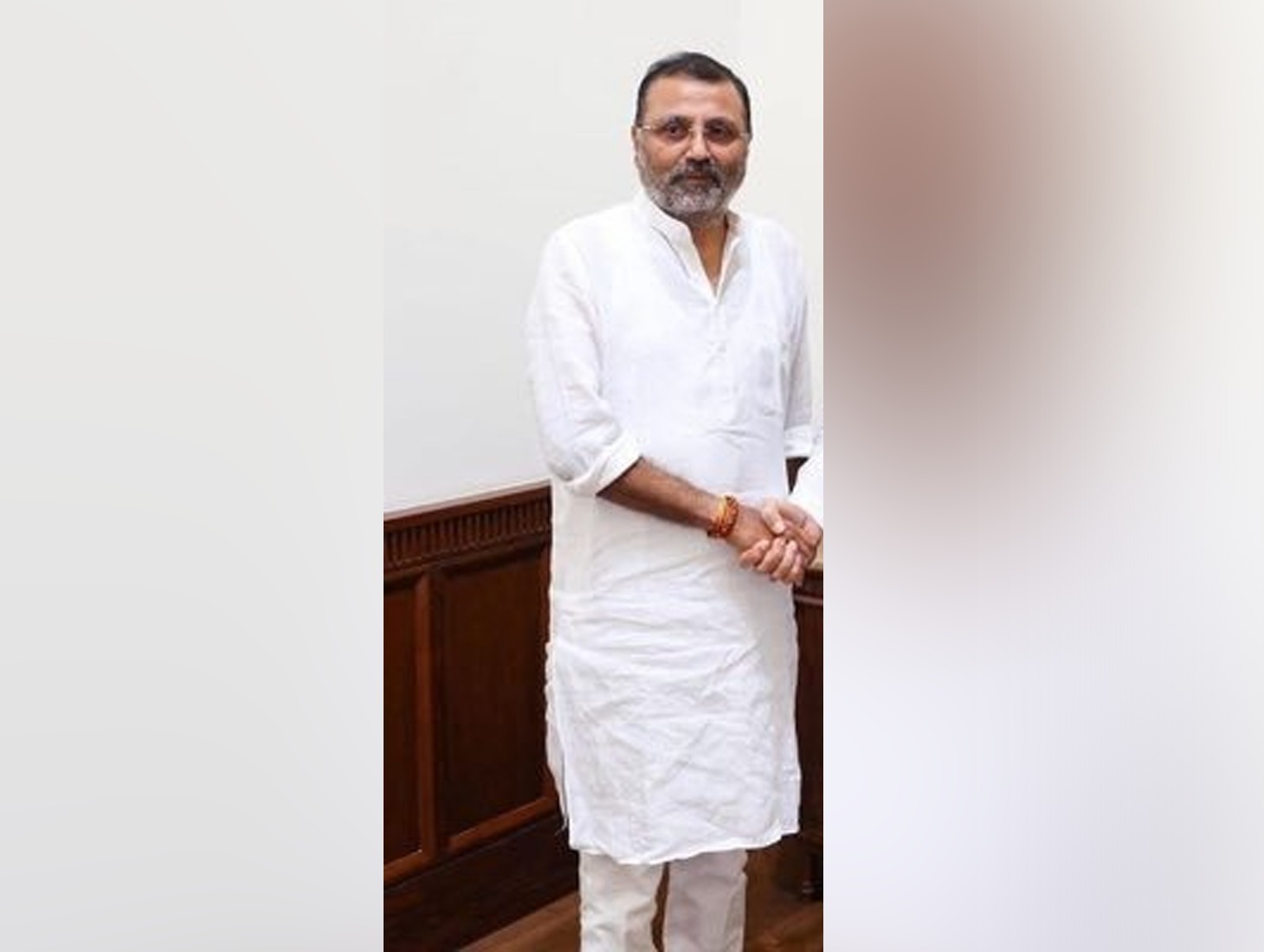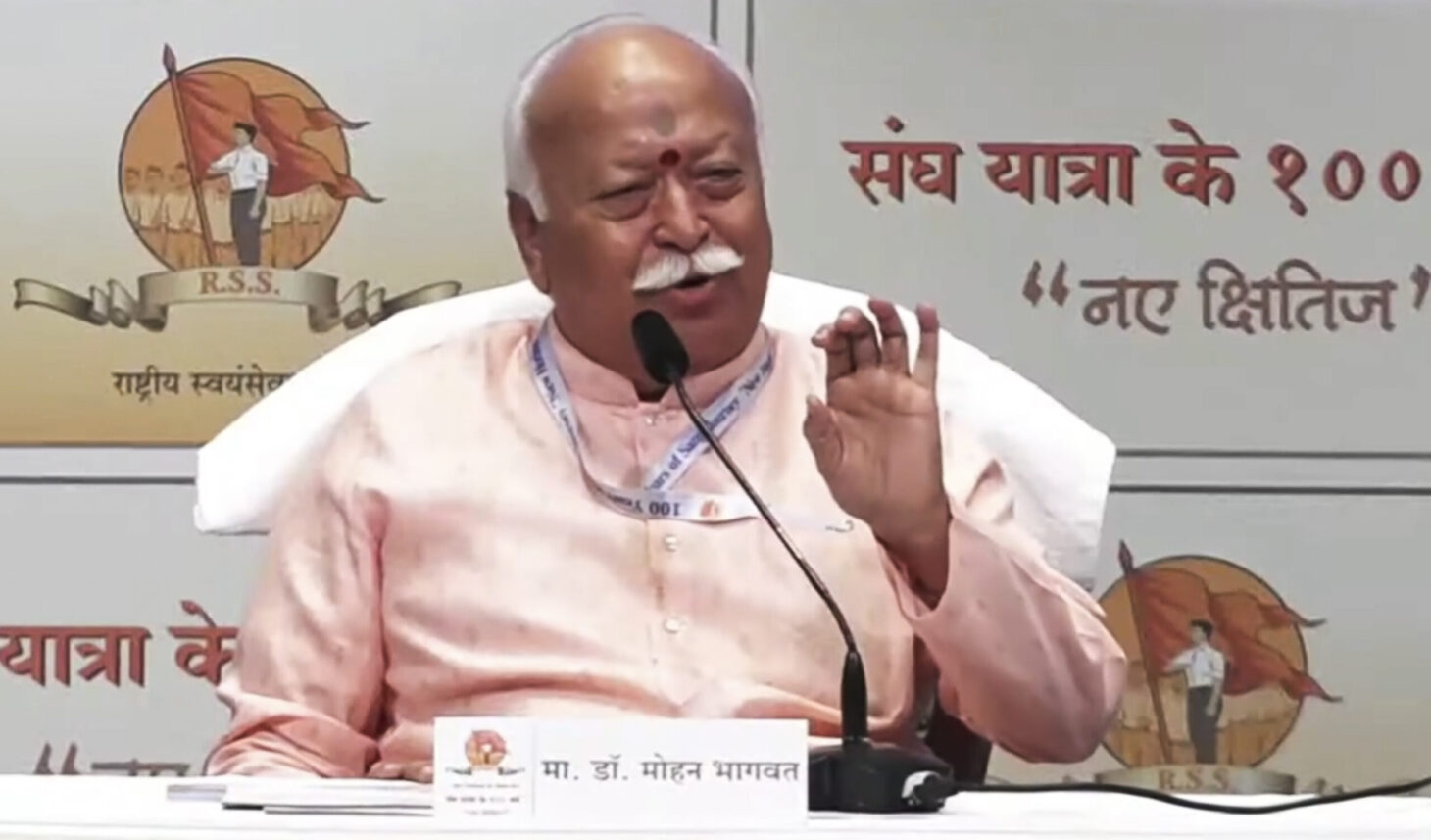The North News
New Delhi, June 27
External Affairs Minister Dr S. Jaishankar said on Friday that Defence Minister Rajnath Singh refused to sign the document, arguing it contradicted the SCO’s core purpose. India has declined to endorse a joint statement issued at the Shanghai Cooperation Organisation (SCO) Defence Ministers’ Meeting yesterday, citing the omission of terrorism as a critical point of contention.
“When the main purpose of the SCO is to fight terrorism, and one country opposes even the mention of it, it’s understandable why Rajnath ji chose not to sign,” Jaishankar told reporters at a press briefing. While he refrained from naming the objecting country, he pointed out that the SCO functions by consensus, and no agreement could be reached without unanimity.
Dr Jaishankar also strongly defended India’s right to self-defence in light of the recent terror attack in Pahalgam and the military response under Operation Sindhoor. “Terrorism remains a red line for India,” he said, asserting that national security must take precedence over diplomatic formalities.
He lauded the rare show of bipartisan unity demonstrated by an all-party parliamentary delegation that recently travelled to various world capitals to present a united front against terrorism. “When I see leaders like Shashi Tharoor, Supriya Sule, Kanimozhi, Sanjay Jha, Jay Panda, Ravi Shankar Prasad and Shrikant Shinde speaking together in one voice for the country, it gives me pride,” Jaishankar remarked.
According to him, the delegation was widely appreciated abroad for its demonstration of political cohesion. “Every country they visited said the most impressive part was the unity among Indian political parties. That was a great moment for us.”
Drawing a sharp contrast with the past, Jaishankar compared today’s unity with the polarisation of the Emergency era in 1975. “Emergency happened because a family’s interest was placed above the nation’s. Today, the national interest comes first.”







